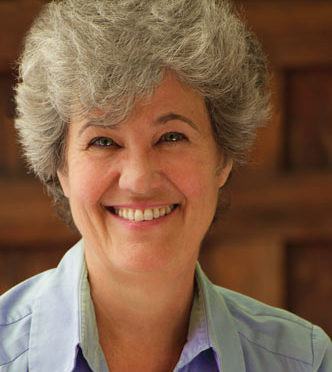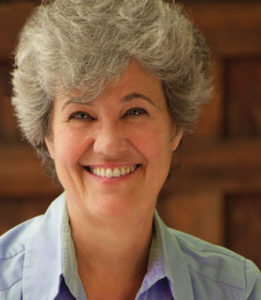
by Meredith Snow, ICSOM Chair and Member of Local 47 (Los Angeles, CA)
As of this writing, COVID-19 has just been declared a worldwide pandemic. More extreme measures to contain the spread—social distancing to “flatten the curve” of infection, the shutting down of all unnecessary gatherings, cancellation of the NBA season—are just beginning. We are watching our International Conference of Symphony and Orchestra Musicians (ICSOM) orchestras close down in rapid succession across the country—for two weeks to a month—to potentially aid in slowing the spread of the virus. This is the right and prudent action to take.
We have a small window of opportunity to contain the virus to whatever degree is still possible. An abundance of caution is wise. So far, the majority of our ICSOM orchestras have honored their obligation to pay their musicians and maintain benefits. However, depending on how long these closures need to remain in place, this will most certainly become an economic strain for all parties.
AFM Symphonic Services Division (SSD), ICSOM, Organization of Canadian Symphony Musicians (OCSM), and Regional Orchestra Players’ Association (ROPA) immediately jumped into action. Rochelle Skolnick and Debbie Newmark led the charge to negotiate a side-letter to our Integrated Media Agreement (IMA) that would allow ticketholders, donors, and subscribers access to livestreamed concerts, in addition to archival material. Only a few orchestras, the Jacksonville Symphony, the Philadelphia Orchestra, and Buffalo Philharmonic among them, have taken advantage of the livestream—without an audience—before also closing down. Other orchestras will take full advantage of the opportunity to stream archival product during the hiatus.
SSD has created a link in the SSD Resource Center on the AFM website, titled “Coronavirus Resources” (https://members.afm.org/member/page/id/10633). It includes a legal analysis by ICSOM Counsel, Kevin Case, of the force majeure or “Act of God” clause. Whether an outbreak of a disease like what we are seeing with COVID-19 could trigger a force majeure clause would require an individual analysis of each Collective Bargaining Agreement (CBA), the language of which may differ significantly from contract to contract. Some of our CBAs will have no force majeure clauses at all. Depending on how long our doors will have to remain closed, and when managements may decide they can’t or won’t continue to pay musicians, we will need to have a detailed understanding of what is stated in our own CBA. As always, it will be crucial for each orchestra to work in close coordination with their local, and where possible, with their local’s attorney.
In contrast to our own federal government, the German government has already announced immediate financial support for the arts sector and for freelancers due to the COVID-19 crisis. The German government is in close touch and collaborates with the 16 federal culture ministers of the German states to find pragmatic solutions. Gerald Mertens, CEO of the German Orchestra Association (DOV) and Editor-in Chief of das Orchester, contacted ICSOM President Paul Austin with this good news. Within 48 hours of posting on our Twitter account, @ICSOM, this message had been liked by 20,000 people and shared 6,000 times.
Our orchestras are vital contributors to the non-profit sector and an important economic engine for the communities they serve. The League of American Orchestras (LAO) has launched an email campaign in support of legislation that would provide federal economic assistance to non-profits throughout the country (www.votervoice.net/mobile/LAO/campaigns/72338/respond). We must demand that our own government recognize and support the integral role that our artists and musicians play in the economy of the United States.
We ICSOM musicians must count ourselves fortunate in that we have probably the most comprehensive economic protections in our contracts that exist within the AFM. Many of our colleagues, not least of which our own substitute and extra musicians, do not have the same guarantees that we are afforded. Some of our ICSOM musicians in San Francisco and Cincinnati have assisted in setting up GoFundMe campaigns to help their local freelance players. The musicians of Chicago Lyric Opera Orchestra negotiated a 10% reduction in their own compensation in order to keep their extra musicians on the payroll.
Not knowing how long this shutdown may last, nor how severe our economy will be impacted in its aftermath, it behooves us to remember their precarious position and to demand that our employers fulfill their obligation to our subs and extras as well as to us. Together, as a union, we will weather this storm. Stay safe out there.




